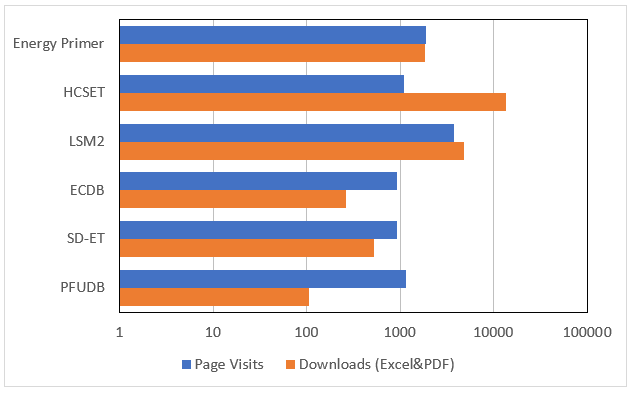Engaging with science and policy communities
Given its small size, the TNT Program relies on a few high-level high-visibility international fora and science and policy initiatives to disseminate its research findings and to engage at the science-policy interface. Key partners at the international level include the UN, the World Bank, and in particular the Global Environmental Facility, and the Intergovernmental Panel on Climate Change (IPCC). The World in 2050 (TWI2050) initiative which the program co-designed, and co-manages, and also actively participates in scientifically, involves more than 30 partners and collaborating institutions. Individual collaborations with researchers involved in ongoing TNT research involve institutions from multiple countries including Austria, China, Germany, India, Israel, Japan, Sweden, the UK, and the USA.
Documentation of the program’s research output is achieved through the IIASA online publication repository PURE, as well as through a number of other online resources. The community-service database tools jointly managed by TNT and the IIASA Energy Programs have become a hallmark of the institute’s mission of supporting scientific research, documentation, and dissemination, and provide the widest possible outreach with limited in-house resources. Combined, these community tools and services attracted more than 100,000 unique visitors in 2018 (an increase of close to 30% compared to 2017) and involved data downloads of some 1.7 terabytes. The use of TNT online tools has also grown substantially over the years with user demand distributed equitably across the various tools and databases offered.

Figure 1: Use of TNT online tools and data bases (visitors and files downloaded) in 2018 (year totals). TNT models & databases: Energy Primer (educational material); Historical Case Studies of Energy Technologies (HCSET); Logistic Substitution Model 2 (LSM2); Energy and Carbon Emissions Inventories Database (ECDB); Scaling Dynamics of Energy Technologies Database (SD-ET); Primary, Final and Useful Energy Database (PFUDB).
Further information
Related research





